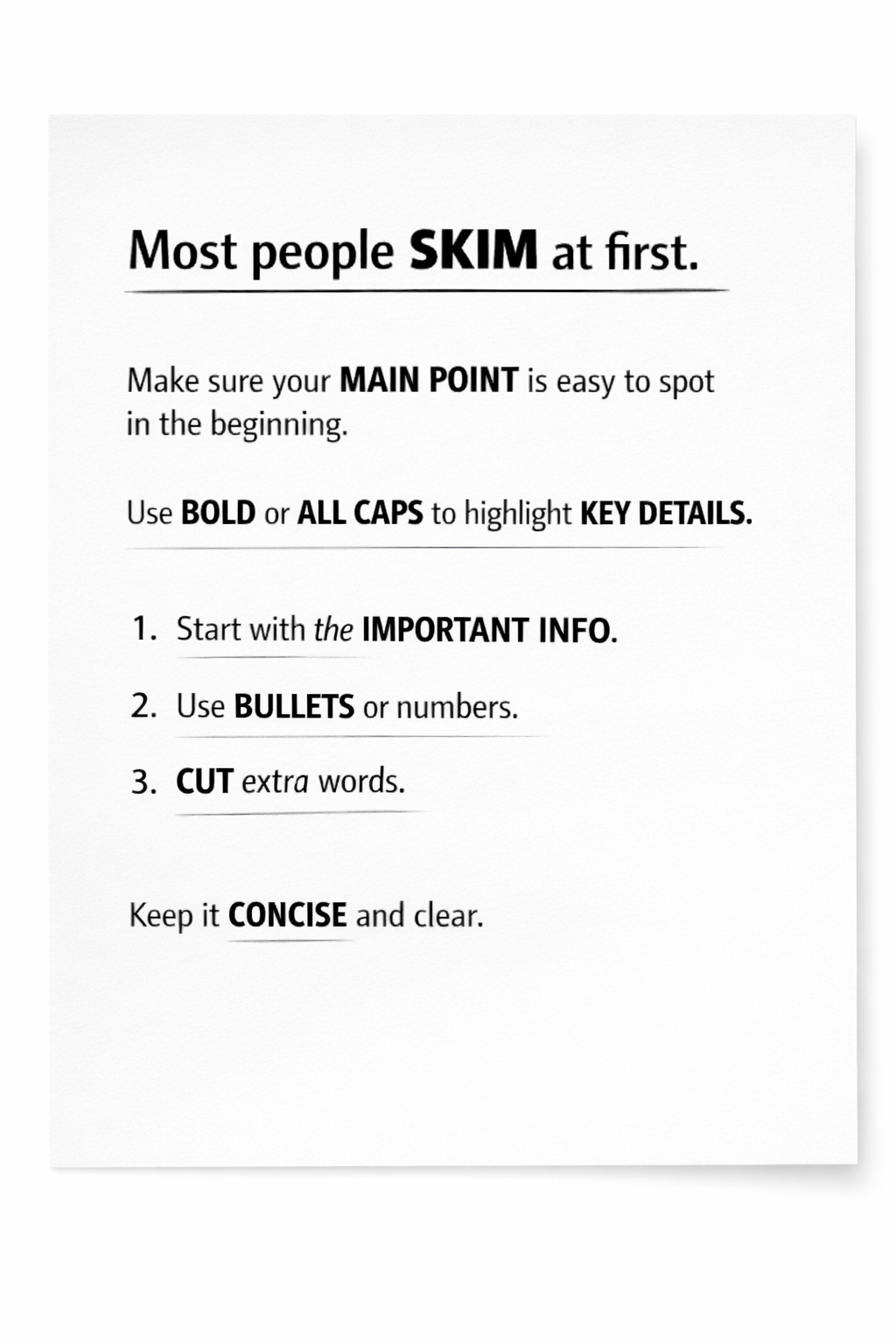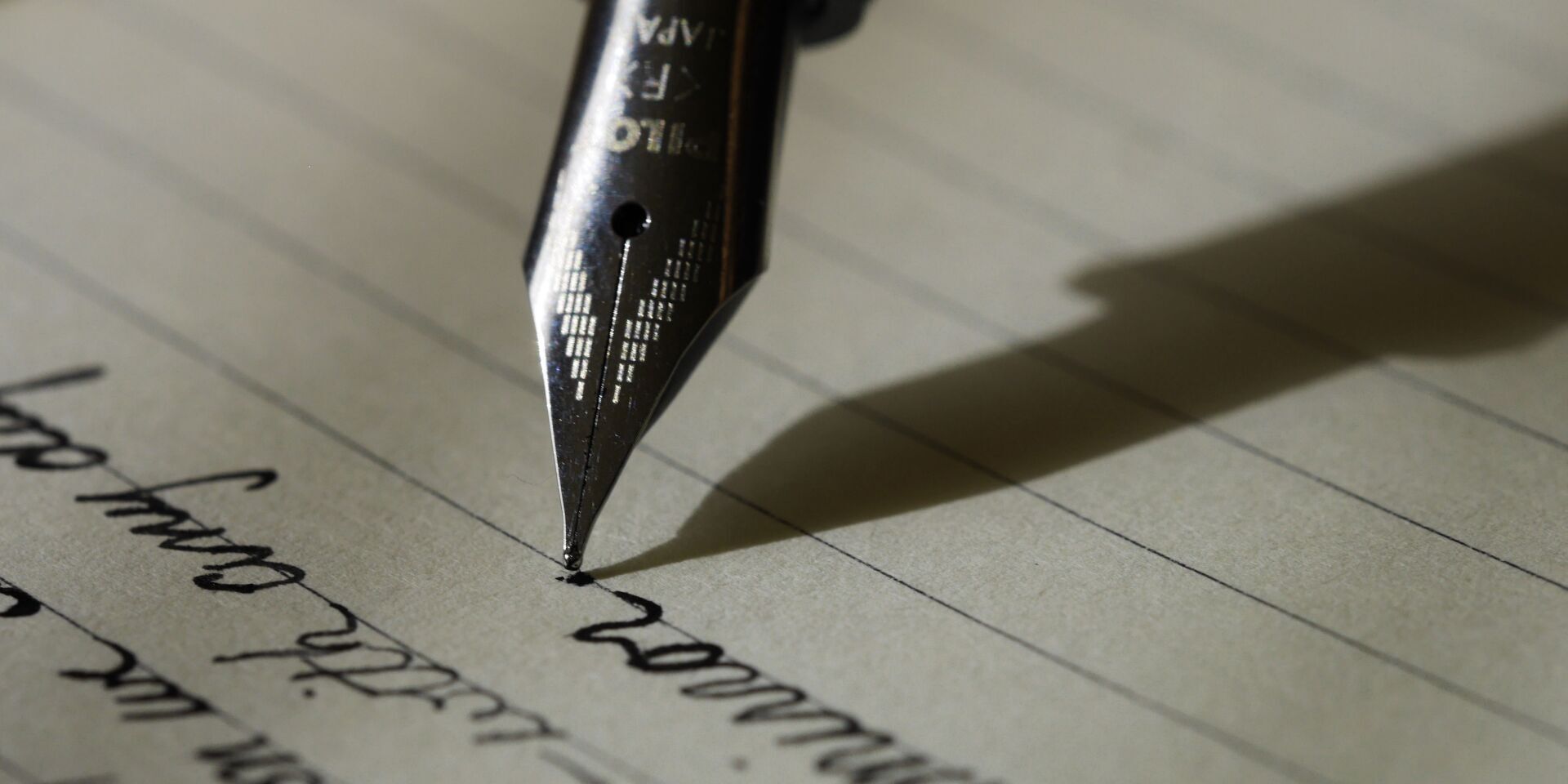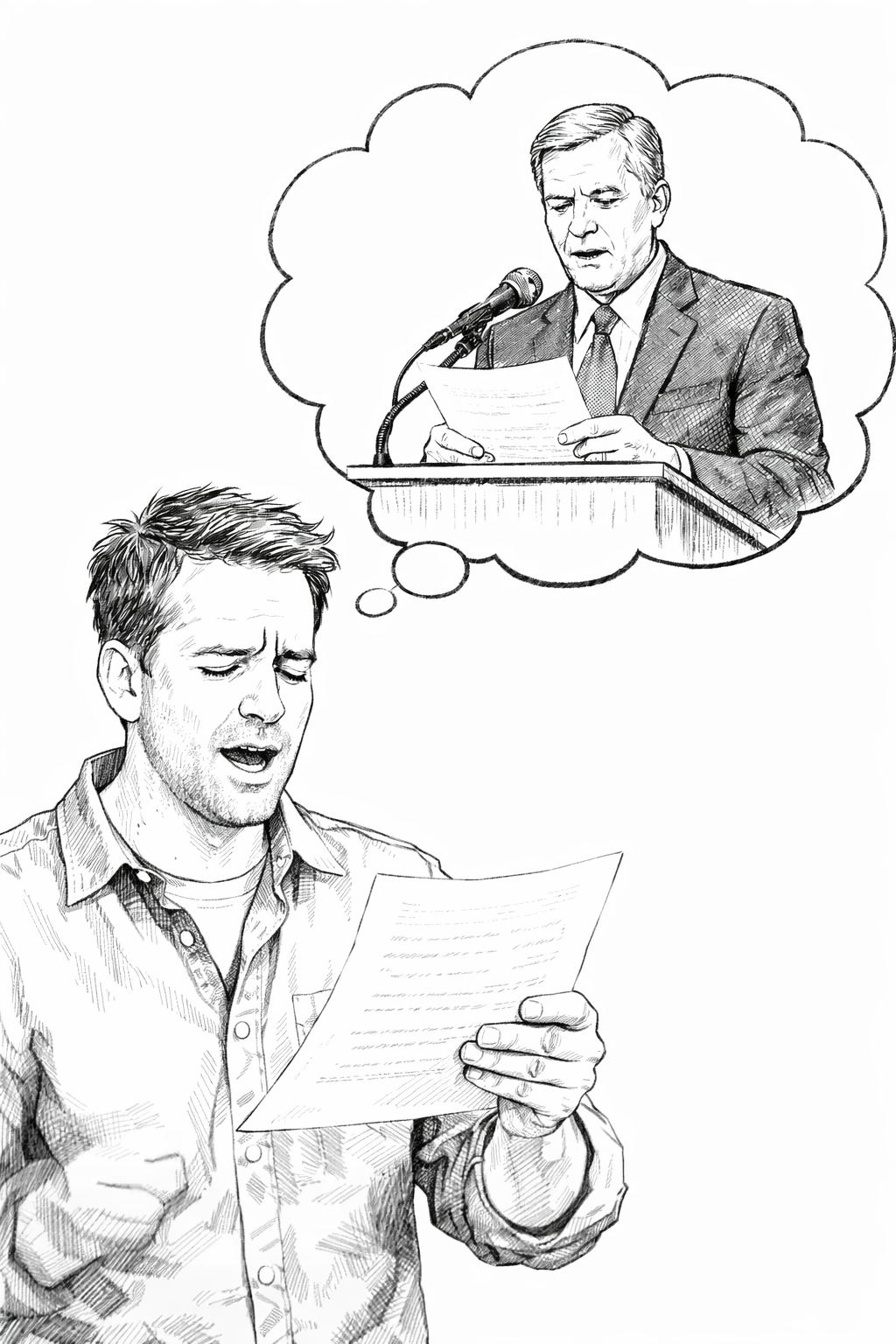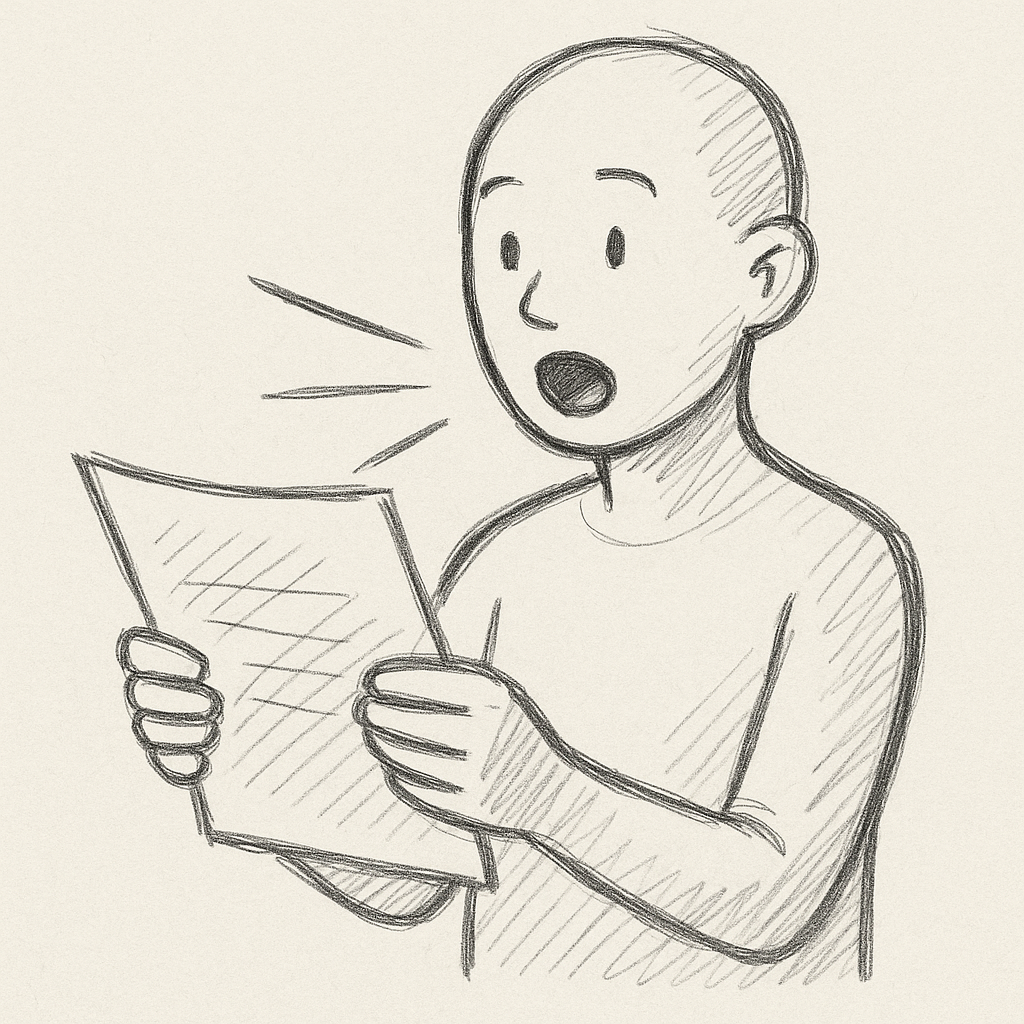Nib #26: Nib 26: Joe Biden and the Risks of Repetition
One of the easiest mistakes writers can make is repeating ourselves. We all have certain verbal tics and habits of mind that lead us to say the same things, or the same kind of things, over and over.
In friendly conversation, these unconscious refrains are endearing — a source of inside jokes and the occasional drinking game. In persuasive communication, however, unintended repetition is a killer.
President Joe Biden turned last week’s presidential debate into a masterclass on this point with his relentless overuse of “the idea.”
He offered the phrase as a scoffing dismissal of Donald Trump’s record and credibility, as in “The very idea…”:
“The idea that [Trump] did something” to improve the economy.
“The idea that [Trump] did something” on clean water.
“The idea” that the United States would leave NATO.
“The idea that I did anything wrong” in the Hunter Biden case.
It’s not a bad little phrase. The problem is, Biden said it 31 times in just 35 minutes of speaking time during the debate, including using it twice in the same sentence multiple times. Remember: the debate moderators only asked the candidates about 15 questions!
That means Biden dropped “the idea” twice per answer, almost once per minute for an hour and a half!
This just won’t do.
Repeating a phrase on purpose, for effect, is a powerful persuasive technique. Think of Lincoln’s “of the people, by the people, for the people.” Or King’s “I have a dream…” Or Churchill’s “We shall fight… We shall fight…”
Repeat a phrase accidentally, on the other hand, and you risk sounding like Joe Biden at the debate.
We all have unconscious habits of thought and speech that make their way into our written work — especially our early drafts. Writers must be aware of theirs — and edit out the unintentional repetitions that can sap the strength out of even strong, vibrant words and phrases.
Until next week… keep writing!











